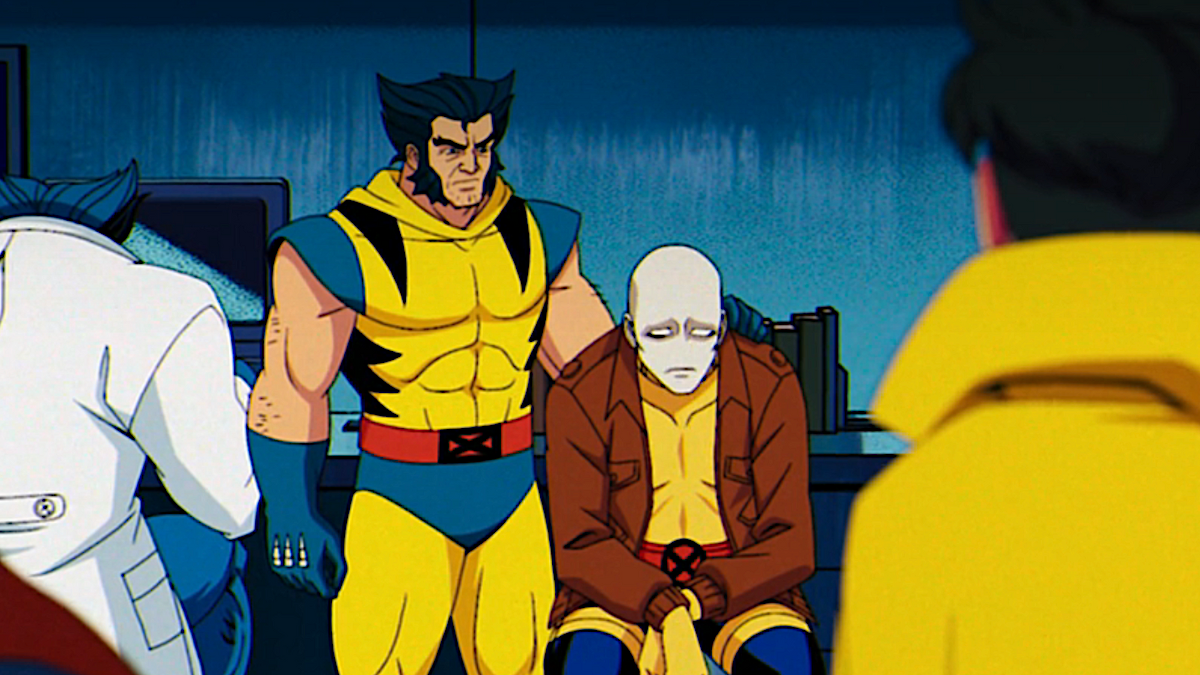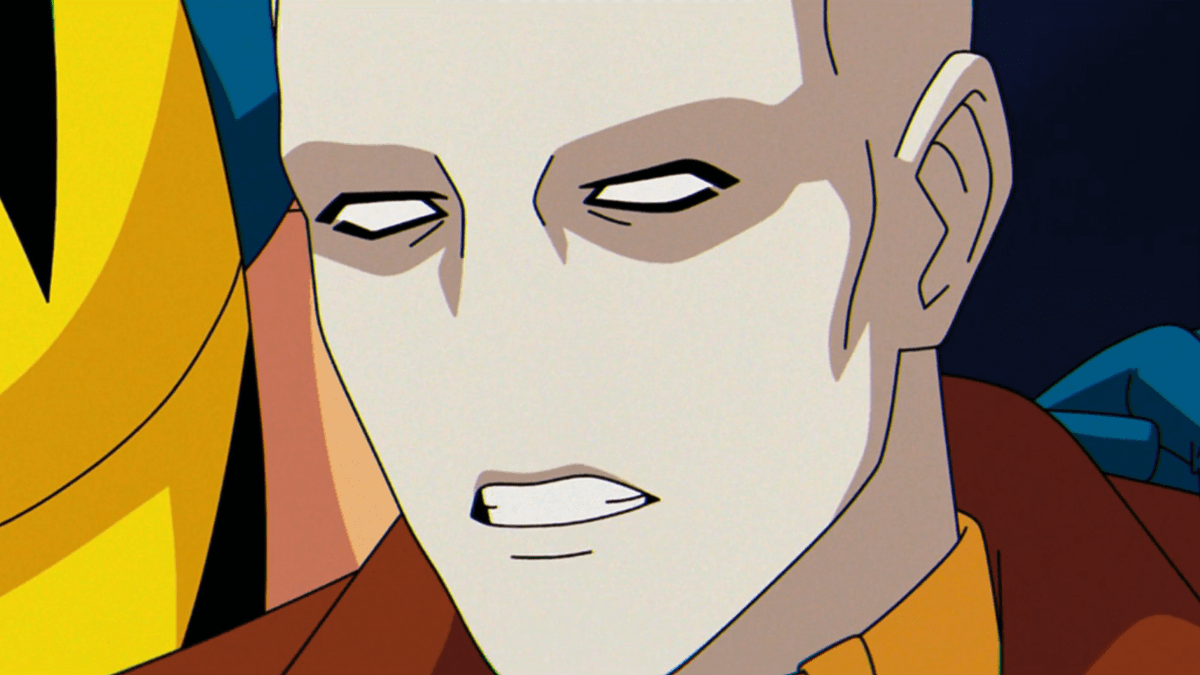X-Men ‘97 is the latest release in the history of Marvel fandom to receive a somewhat depressing backlash, this time surrounding the shapeshifter, Morph, voiced by JP Karliak.
Morph appeared in the original iteration of the series, X-Men: The Animated Series,so what is it about the character that has inspired such ire?
Well, his actor Karliak identifies as gender-queer and is one of several people in the production to refer to Morph as non-binary. Before the showrunner, Beau DeMayo, was released from the production, he also mentioned that Morph did not identify as cis-het. The current run of X-Men has been accused of being “too woke,” which is largely ironic for those who understand the point of the comic.
Morph in X-Men ’97 is a reflection of the times

Morph has had a tragic past in the history of X-Men. The shapeshifter was just one of Mr. Sinister’s many victims, who suffered mental conditioning and was forced to turn against the X-Men. Morph is a fully nuanced character, who had a long life in Marvel canon. And to that effect, the character has been updated to fix a modern context.
Morph can transform into any being, regardless of gender. This would naturally lead to discussions of having a fluid gender, which is represented in X-Men ‘97. But no matter how much sense it makes that this character would identify in such a way, some fans resist both change and inclusion. Even so, Karliak didn’t hold it against the fandom for these comments. When speaking to CBR, they explained their thought process behind the reaction.
“I’m a queer activist. I run a nonprofit that advocates for queer representation. I also co-founded a voter registration organization. I know what’s going on in the world, especially politically, so no, it didn’t surprise me at all. [laughs] I think what I appreciated was how much counter-backlash there was, with people like ‘Have you watched the X-Men? Are you familiar with why they were created and what they’re about? Did you forget that?’ That was reassuring.”
X-Men has always been a metaphor for social issues of the day. On the whole, genetic mutation is a stand-in for all kinds of prejudice. Racism and homophobia are two of the big conversations that the comic has inspired. And it shows the characters persevering against hateful rhetoric while still learning to love humanity. It is gracious for Karliak to bear no ill will against the fans, but it makes one wonder if these fans read the comic at all.
Morph is famously not the only character to bend the rules of convention. Fellow shape-shifter, Mystique, has long been an LGBTQ+ character in Marvel, but in recent canon, has a fluid relationship with gender. In X-Men Blue: Origins, Nightcrawler’s birth is retconned to present this. Though it was largely understood that Mystique was Nightcrawler’s mother, the story takes a different turn. During the shapeshifter’s time with Baron Christian Wagner, she instead conceives Nightcrawler with her long-time lover, Destiny, after transforming into a man.
This revelation isn’t new, either. Gender fluidity has been in the X-Men conversation for so long that writer Chris Claremont had considered attempting such a storyline, (via CBR). But as it was the ‘80s, he decided against it, knowing the comic wouldn’t pass the Comics Code. Four decades later, however, Nightcrawler’s origin is widely accepted. This isn’t a television show changing previously established events to appeal to a certain audience. This has always been the intent of X-Men. By creating a comic that discusses hatred for a group of people just for being born different, X-Men quite purposefully brings up these hot-button topics.
Magneto’s moral center doesn’t exist without these conversations. As a survivor of the Holocaust, he knows firsthand what it’s like to experience prejudice and attempted genocide because he is different from those in power. If the comics and television series aren’t discussing these issues, then what’s the point of it? The reason that these stories keep getting told is to bring these conversations into a modern context. While representation might change, the need for art to bring about these issues does not. X-Men will always be relevant, whether it takes place in the ‘90s or current day.

